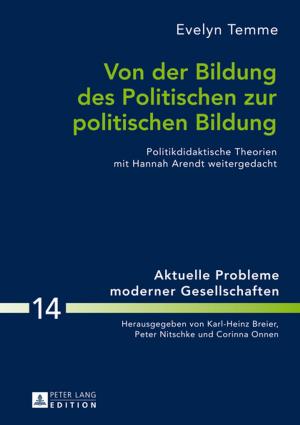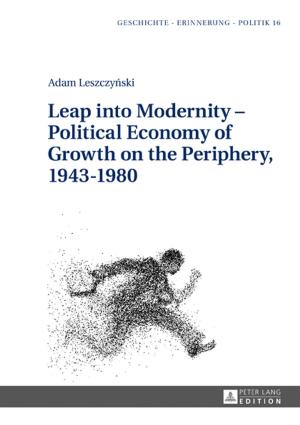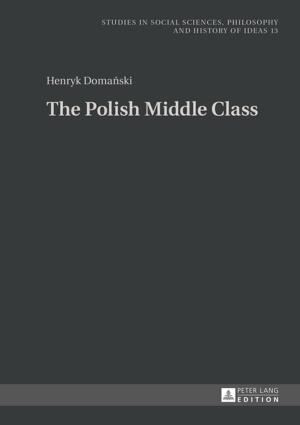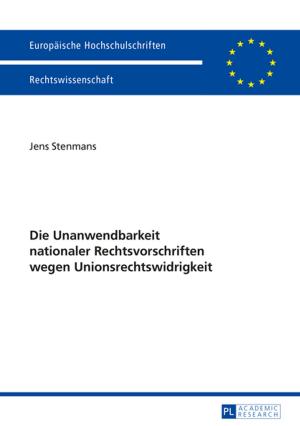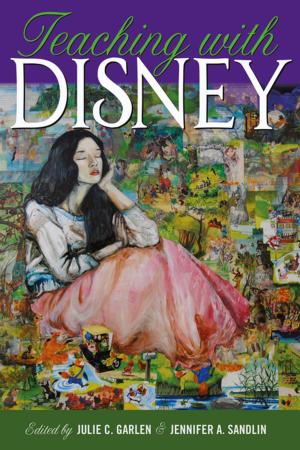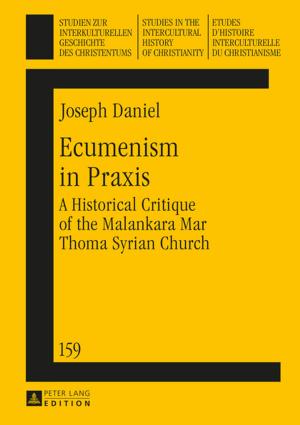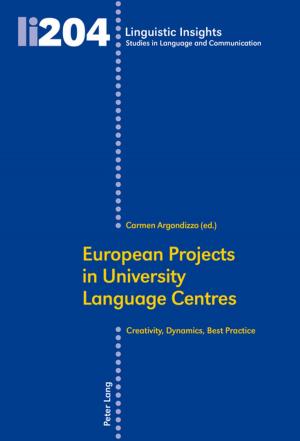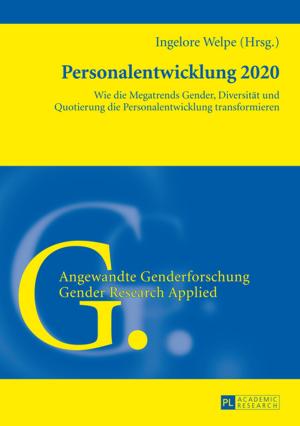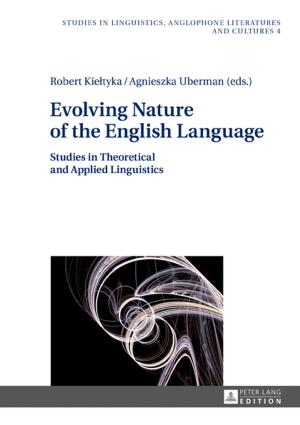Spinoza's Philosophy of Divine Order
Nonfiction, Religion & Spirituality, Philosophy, Medieval, Religious| Author: | Ben Stahlberg | ISBN: | 9781454190257 |
| Publisher: | Peter Lang | Publication: | October 9, 2015 |
| Imprint: | Peter Lang Inc., International Academic Publishers | Language: | English |
| Author: | Ben Stahlberg |
| ISBN: | 9781454190257 |
| Publisher: | Peter Lang |
| Publication: | October 9, 2015 |
| Imprint: | Peter Lang Inc., International Academic Publishers |
| Language: | English |
While Spinoza is often interpreted as an early secular or liberal thinker, this book argues that such interpretations neglect the senses of order and authority that are at the heart of Spinoza’s idea of God. For Spinoza, God is an organized and directed totality of all that exists. God is entirely immanent to this totality, to such an extent that all things are fundamentally of God. Appreciating the full extent to which God permeates and orders every aspect of reality, allows the full sense of Spinoza’s theories of tolerance and the social contract to come into view. Rather than assuming that human beings involved in political relationships are independent, autonomous individuals, for Spinoza they are parts of a larger whole subject to distinct natural laws. Spinoza maintains that such laws manifest themselves equally and identically in the seemingly distinct realms of religion and politics. In this respect, Spinoza’s theories of religion and biblical interpretation are not properly secular in character but rather blur the standard boundary between the religious and the political as they try to recognize and codify the inviolable laws of nature – or God.
While Spinoza is often interpreted as an early secular or liberal thinker, this book argues that such interpretations neglect the senses of order and authority that are at the heart of Spinoza’s idea of God. For Spinoza, God is an organized and directed totality of all that exists. God is entirely immanent to this totality, to such an extent that all things are fundamentally of God. Appreciating the full extent to which God permeates and orders every aspect of reality, allows the full sense of Spinoza’s theories of tolerance and the social contract to come into view. Rather than assuming that human beings involved in political relationships are independent, autonomous individuals, for Spinoza they are parts of a larger whole subject to distinct natural laws. Spinoza maintains that such laws manifest themselves equally and identically in the seemingly distinct realms of religion and politics. In this respect, Spinoza’s theories of religion and biblical interpretation are not properly secular in character but rather blur the standard boundary between the religious and the political as they try to recognize and codify the inviolable laws of nature – or God.

